










includes ending MinnesotaCare for
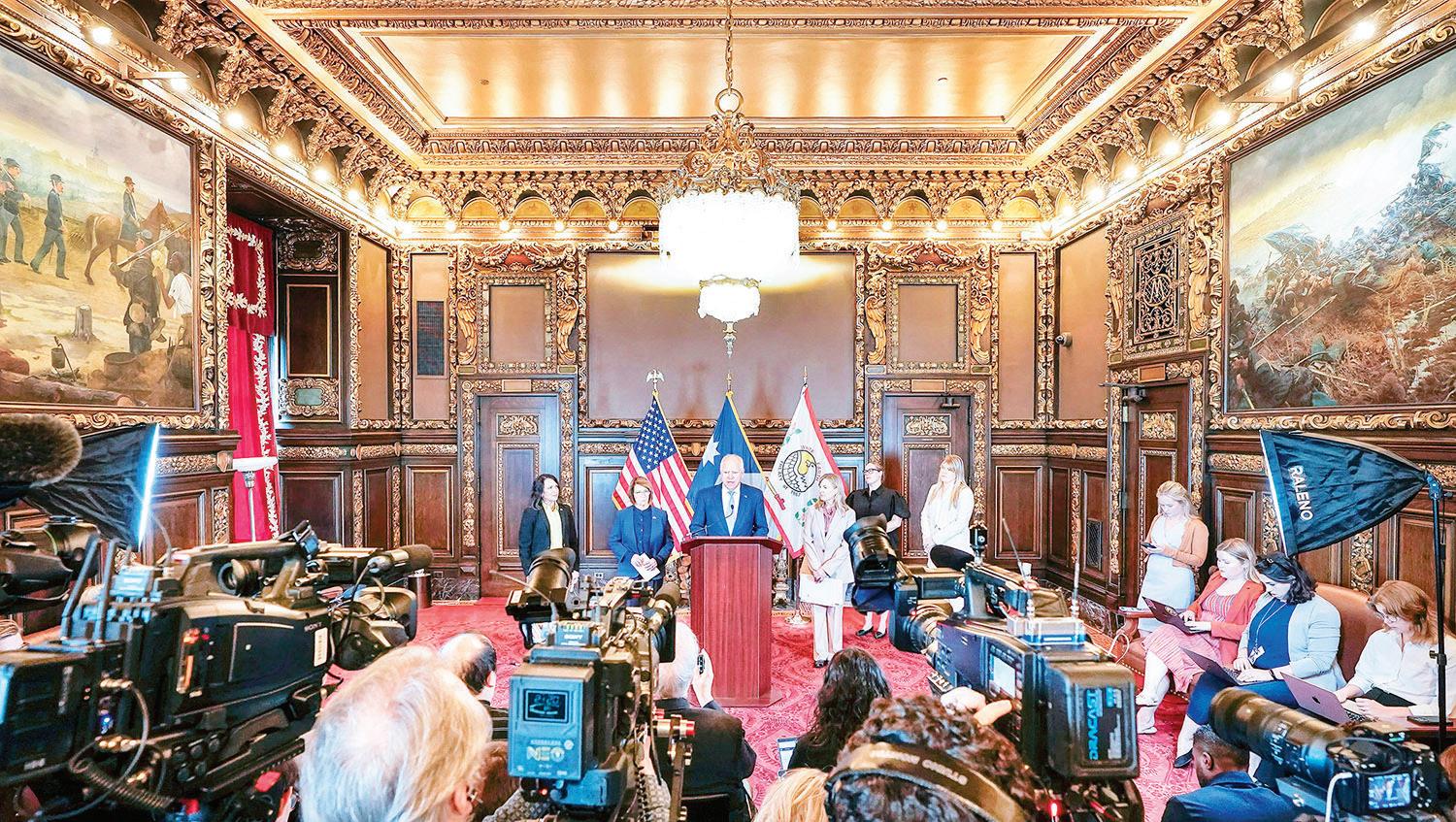
By Lisa Kaczke Session Daily
With five days to go in the 2025 session, three of four legislative leaders announced a budget agreement Thursday (May 15) that would sunset unemployment insurance for hourly school employees and eliminate MinnesotaCare eligibility for adult undocumented immigrants.
The agreement also calls for closing the Stillwater prison in 2029 and a repeal of a tax credit for data centers.
It would also balance the budget for the 2026-27 biennium and erase 90% of the deficit projected for the 2028-29 biennium, Gov. Tim Walz said at a press conference. Legislative leaders and Walz noted that none of them got everything they wanted in the budget agreement. They came to an agreement because, even though they have ideological differences, they have respect for the democratic process and each other, Walz said.
“We are as evenly divided as any state in the history of our country has been and here we stand with a deal,” Walz said. People didn’t think they’d be able to get the work done with 101 DFL legislators and 100 Republican legislators, but they’ve proven that it can be done, said House
“The global targets that we have come up with today demonstrate that in this division in the Legislature, so closely divided, that we have agreed to do what is best for Minnesotans and actually making some hard decisions, but doing overall what is best,” Demuth said.
Speaker Emerita Melissa Hortman (DFLBrooklyn Park) said there were compromises on a number of issues. The work of Rep. Zack Stephenson (DFL-Coon Rapids) and Rep. Paul Torkelson (R-Hanska), cochairs of the House Ways and Means Committee, helped the House be a united body in the budget negotiations, Hortman said. “While this agreement doesn’t include everything we would have liked, we worked together to find a compromise. As DFLers, we do not take these changes lightly. But this is a budget that funds Minnesota’s state government for the next two years,” Hortman said.
“The hard work and compromise that went into reaching a budget deal represents the best of us as Minnesotans. Our budget frame- work invests in shared goals like educa- tion, health care and family budgets, and prioritizes children, workers and vulnerable communities. We will balance the state budget for the next two years,” Senate
Majority Leader Erin Murphy (DFL-St. Paul) said in a joint statement.
Senate Minority Leader Mark Johnson (REast Grand Forks) did not sign the agreement, nor was he at the press conference. He said in a statement, “While the final deal includes some needed reforms, it falls short of acknowledging we need bipartisan support to stop the harmful progressive policies hurting small businesses and working families. We still have a lot of work before the end of the session and Senate Republicans will continue to fight for the needs of Minnesotan families, businesses, and communities until the very end.”
The global budget targets will allow conference committees to work out how appropriations are to be spent.
The Legislature must finish its work by 11:59 p.m. Monday.
Hortman expressed some optimism because the Legislature is currently one day ahead of the 2019 legislative session, when the divided Legislature needed a oneday special session to pass the budget. She hopes lawmakers will be able to wrap up the session either by Monday or with a one-day special session before Memorial
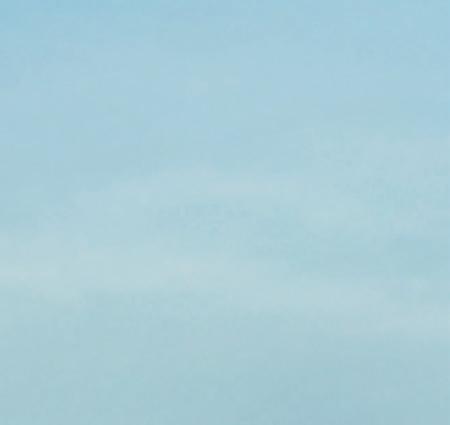



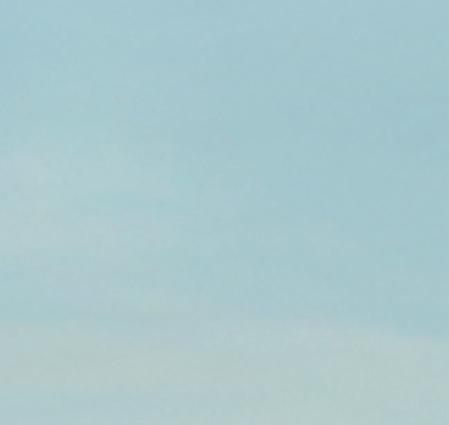


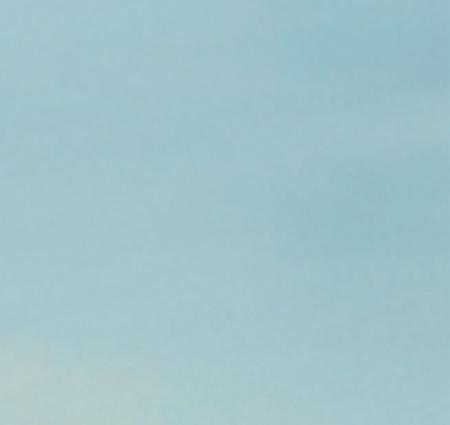

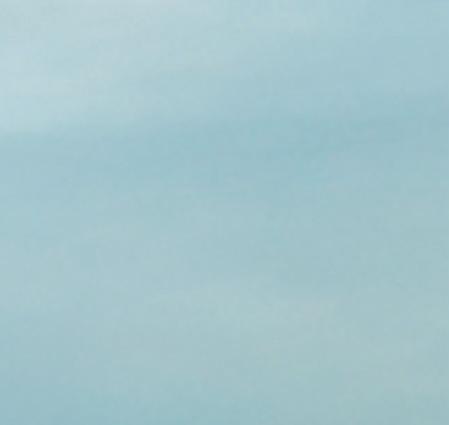

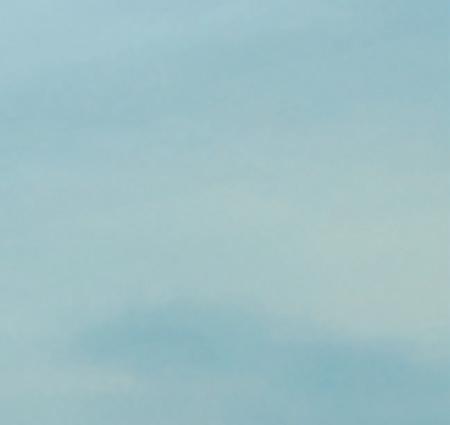

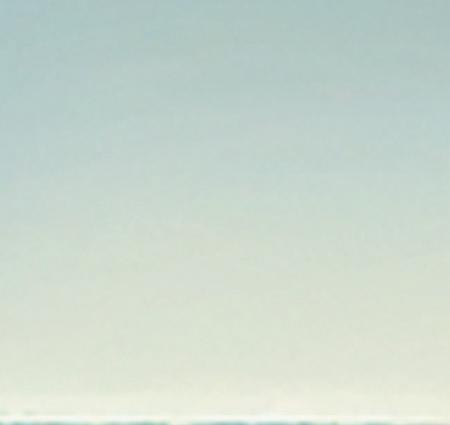











No matter where you go in Minnesota, lottery dollars are all around you. Since 1990, the Minnesota Lottery has generated over $4 billion to help improve things you experience every day, from trails and water quality, to health care and education. So say I’MN and play your part here: mnlottery.com .

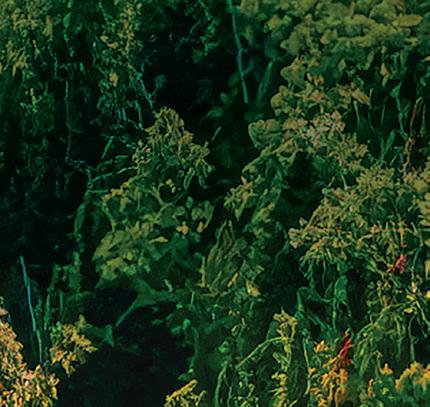



“Our politics will not save us, but it will be our humanity. Our silence will not protect us, it will be our resistance. Our fears will never advance or evolve our nation, it will only keep us stuck and moving backwards.”
In this moment of national reckoning, Black people must see ourselves not just as defenders of our humanity, but as the visionaries and architects of a world yet to be born. For too long, we have pleaded with a nation to recognize what should never have been in question – our fundamental humanity. Today,
I am calling for a shift in consciousness that moves us from defense to creation, from resistance to reconstruction, from surviving to reimagining.
We are witnessing an intense anti-Black campaign disguised as opposition to DEI, Critical Race Theory, and Black history. This is an attempt to erase us, our history, and our collective memory. But those who seek to silence us forget something fundamental – we have been meeting, gathering, strategizing, and convening for our freedom ever since we reached the shores of this nation.
Make no mistake: We are the architects of democracy in America. From Black visionary W.E.B. Du Bois’s pioneering scholarship to Black visionary Ida B. Wells’s fearless anti-lynching crusade, we have always been at the forefront of expanding what democracy means. We pushed this nation to make what exists on paper real and sustainable. But it’s not paper that gives us our value. We have value just by our presence on this planet.
We are builders of a dream that has yet to be realized. We believed in this nation when she was unable to believe in herself. There is no America without the 14th Amendment. There is no justice when racism shapes public policy.
As we embark on what Rev. Dr. William Barber calls “America’s third reconstruction,” we must ground ourselves in five essential pillars: Vision, Voice, Values, Victory, and Vote.
Vision: Black people have always been the visionaries, seeing beyond systems designed to limit us. From Black visionary Sojourner Truth speaking truth to power to the Black visionaries of the Movement for Black Lives reimagining public safety, we have consistently imagined societies more just and inclusive than what existed.
Voice: Once we have vision, we must speak it into existence with authenticity and the full authority of our lived experience. Too many of us have been told our voices don’t matter. This moment requires our full-throated truth-telling.
Values: Values are our compass when the path is unclear. Do we value people over profit? Community over competition? Justice over convenience? When our actions align with our values, we become unstoppable.
Victory: We must claim victories along the journey. Victory is when a first-time voter casts their ballot, when a community stops environmental racism, when a young Black girl finds her voice.
Vote: Look to the 1963 Freedom Vote in Mississippi, when over 80,000 Black Mississippians participated in a mock election in response to their disenfranchisement. This powerful act laid the groundwork for the Mississippi Freedom Democratic Party, led by Fannie Lou Hamer. They didn’t wait for permission to claim their democratic power; they asserted it.
Some suggest we are tired of protesting, marching, and fighting. Let me be clear: We aren’t tired of action—we’re tired of insufficient progress. We’re exhausted by trying to reform systems deliberately designed to create inequality, rooted in racism and white supremacy. We’re exhausted by constantly having to prove our humanity or justify our worthiness of equity and justice.
We never tire of taking care of our families, creating lives of safety, security, and joy. What we are tired of is systems that extract our brilliance while marginalizing us, institutions that proclaim justice while implementing barriers to advancement.
The real question isn’t whether to continue struggling—it’s how to transform our struggle from defense to innovation and creation. Black people must be visionaries, not just survivors. We must unapologetically stand in the fullness of our humanity, citizenship, and power.
We must be institution builders like Black visionary Dr. Mary McLeod Bethune, who founded a college with $1.50 and faith. We must be healers like Black visionary Fannie Lou Hamer, who established the Freedom Farm Cooperative. We must think differently about harm reduction like Black visionary Alicia Garza and the founders of Black Lives Matter. We must be the first line of defense for each other, like the Black visionaries of the Black Panther Party with their community programs.
We can no longer think just as citizens of a nation that we’ve pleaded with for 400 years to recognize our humanity. Instead, we must see ourselves as founders of a new nation yet unborn – one that understands that diversity is our strength, inclusion is our goal, and justice is our birthright.
This is not separatism but transformation. We are not leaving America; we are becoming the America that has always existed in our freedom dreams – the America that Black visionary Marcus Garvey envisioned through Black ownership, that Black visionary Ella Baker glimpsed when she empowered ordinary people to lead themselves.
The time has come to move beyond defending what should never have needed defense. On the dawn of America’s sesquicentennial (250th birthday), we will not accept anything less than what we deserve. We must build new systems and explore new ways of thinking, not just reform those designed to oppress us. The real opportunity is to assert our power and build something better for all of humanity.
LaTosha Brown is the co-founder of Black Voters Matter, which is dedicated to expanding Black voter engagement and increasing progressive power through grassroots movement-building. She wrote this for the National Newspaper Association’s (NNPA) BlackPressUSA. NNPA is a trade association of more than 200 Black-owned newspapers in the United States.

By Lauren Victoria Burke BlackPress USA
President Donald Trump abruptly fired the Librarian of Congress Carla Hayden on May 8. Hayden made history in 2016 as the first woman and first African American to run the Library of Congress.
Her firing arrived in the form of an abrupt email in the evening hours.
There are fears that President Trump may also target a second prominent Black federal official, Smithsonian Chief Lonnie Bunch, for no other reason than the perceived political bias in a position not known for partisan activity.
“Carla, on behalf of President Donald J. Trump, I am writing to inform you that your position as the Librarian of Congress is terminated effective immediately. Thank you for your service,” the terse communication to Hayden read.
The Library of Congress confirmed that Hayden had been informed she was fired by The White House. According to the Associated Press, Hayden “recently faced criticism from a conservative advocacy group aligned with Trump’s political allies.
The group, the American Accountability Foundation, accused her and other
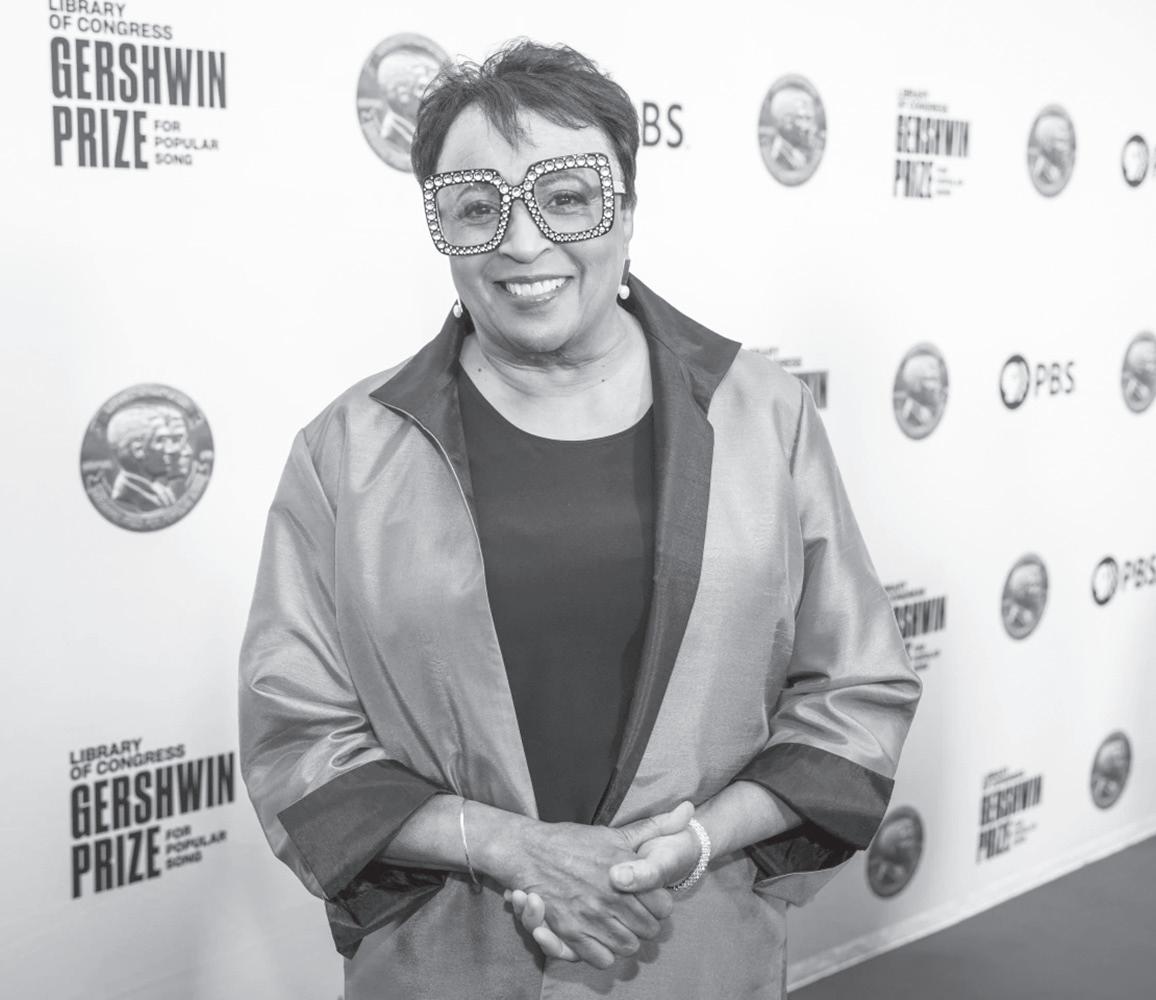
library officials of promoting children’s books with what it called “radical” themes.”
Since his return to office Trump’s Administration has been focused on removing anyone who may disagree
with their policy agenda. Many of the removals have introduced a sense of partisanship that Washington hasn’t seen in certain sectors such as the Library of Congress.
“This is yet another example in the
disturbing pattern of the President removing dedicated public servants without cause—likely to fill the position with one of his ‘friends’ who is not qualified and does not care about protecting America’s legacy,” wrote House Democrat Rosa DeLauro in a statement on Hayden’s firing.
“President Trump’s unjustified decision to fire Dr. Carla Hayden as the Librarian of Congress is deeply troubling and just the latest example of Trump’s assault on the legislative branch of government. It’s also the latest demonstration of his

blatant disregard for public servants who dedicate their lives to serving the American people,” wrote U.S. Senator Alex Padilla of California in a statement late on May 8.


By Matthew Lee, Rebecca Santana and Mogomotsi Magome Associated Press
DULLES, Virginia (AP) — The Trump administration on Monday, May 12 welcomed a group of 59 white South Africans as refugees, saying they face discrimination and violence at home, which the country’s government strongly denies.
The decision to admit the Afrikaners also has raised questions from refugee advocates about why they were admitted when the Trump administration has suspended efforts to resettle people fleeing war and persecution who have gone through years of vetting.
Many in the group from South Africa — including toddlers and other small children, even one walking barefoot in pajamas — held small American flags as two officials welcomed them to the United States in an airport hangar outside Washington. The South Africans were then leaving on other flights to various U.S. destinations.
A group of 49 Afrikaners had been expected, but the State Department said Monday that 59 had arrived. “I want you all to know that you are really welcome here and that we respect what
you have had to deal with these last few years,” Deputy Secretary of State Christopher Landau said.
President Donald Trump told reporters earlier Monday that he’s admitting them as refugees because of the “genocide that’s taking place.” He said that in post-apartheid South Africa, white farmers are “being killed” and he plans to address the issue with South African leadership next week.
That characterization has been strongly disputed by South Africa’s government, experts and even the Afrikaner group AfriForum, which says farm attacks are not being taken seriously by the government.
South Africa’s government says the U.S. allegations that the white minority Afrikaners are being persecuted are “completely false,” the result of misinformation and an inaccurate view of the country. It cited the fact that Afrikaners are among the richest and most successful people in the country.
The view from South Africa
Speaking at a business conference in Ivory Coast, South African President Cyril Ramaphosa said Monday that he spoke with Trump recently and told him his administration had been fed false
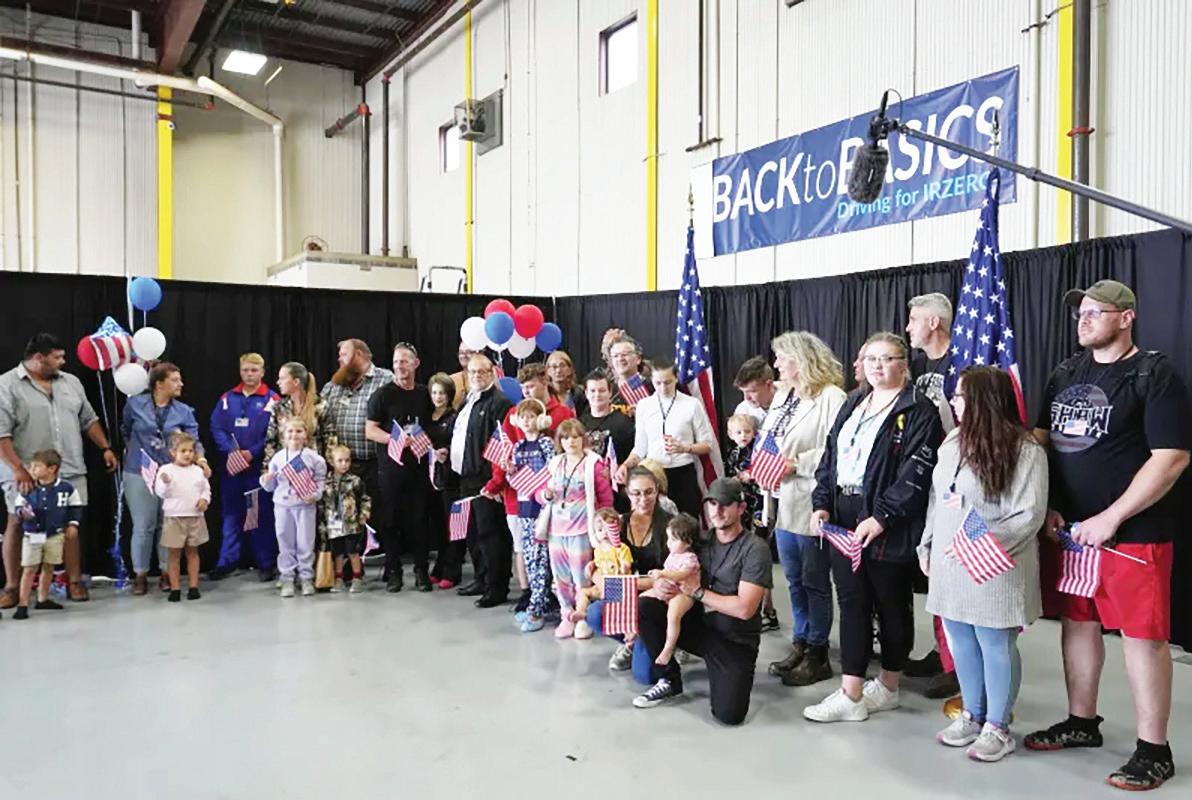
information by groups who were casting white people as victims because of efforts to right the historical wrongs of colonialism and South Africa’s previous apartheid system of forced racial segregation, which oppressed the Black majority.
“I had a conversation with President Trump on the phone and he asked me, ‘What’s going on down there?’ and I told him that what you are being told by those people who are opposed to transformation back in South Africa is

not true,” Ramaphosa said.
Afrikaners make up South Africa’s largest white group and were the leaders of the apartheid government, which brutally enforced racial segregation for nearly 50 years before ending it in 1994.
While South Africa has been largely successful in reconciling its many races, tensions between some Black political

Day weekend.
Budget compromises
The length of the budget negotiations was due to hard issues, Walz said. A sticking point was whether to eliminate undocumented immigrants’ eligibility for MinnesotaCare, the state’s health insurance program for low-income residents. Eligibility for undocumented immigrants began Jan. 1, 2025, but under the agreement, it will end Dec. 31, 2025, for adults but continue for children. The budget is both a fiscal and moral document and a compromise was needed to reach a budget deal, Walz said. Demuth said they recognized, as part of the compromise, that care should continue for children and adults can still receive health insurance in the private market. Hortman said that undocumented immigrants are Minnesotans who pay taxes, contribute to the economy and deserve health care.
“We go into that eyes wide open that this will change people’s lives, in some cases substantially, for the worse, but it is a compromise,” Hortman said.
However, the People of Color and Indigenous Caucus and other DFL legislators weren’t on board with the MinnesotaCare compromise. They gathered outside Walz and legislative leaders’ press conference, pounding on the door and chanting, “Don’t kill our neighbors” and “Don’t kill immigrants.” Walz said the angry DFL legislators outside the door
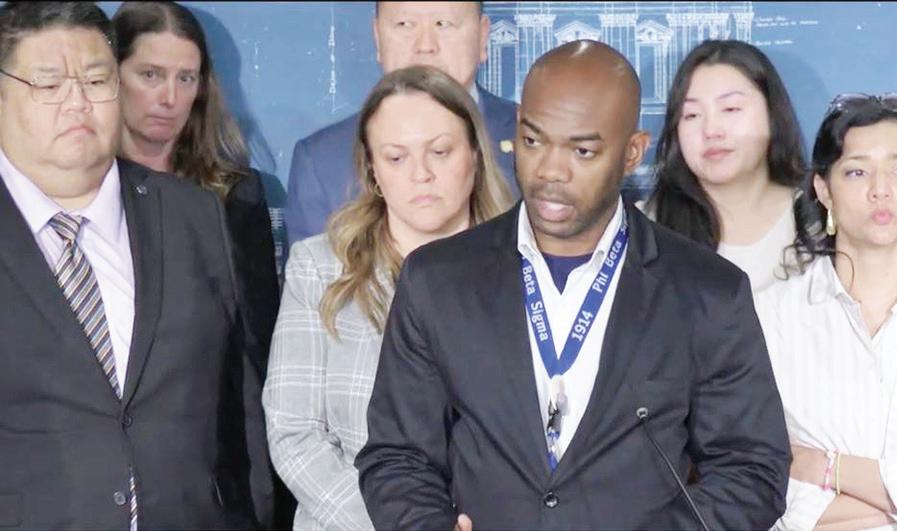
shows “we have a lot of work to do.”
In a press conference less than two hours later, Rep. Cedrick Frazier (DFLNew Hope) said there are attacks on immigrants across the United States and they are at the Capitol to protect the most vulnerable people in the state. The budget deal will harm people when they lose access to health insurance that covers cancer treatment and dialysis at the end of 2025, said Frazier, co-chair of the People of Color and Indigenous
HealthPartners® Minnesota Senior Health Options (MSHO) (HMO SNP)
Enjoy coverage for medical, prescription drugs and dental. Plus, many extra benefits like:
Up to $300 annual over-the-counter allowance to buy eligible health, dental and well-being items

24-3062602-3064220 (9/24) © 2024 HealthPartners H2422_004303_M Accepted 9/25/24
Caucus.
“Although we protected the children, which is very noble thing to do, those children will lose moms, dads, grandfathers, aunts, uncles, siblings,” Frazier said.
Frazier said some legislators aren’t ready to accept the budget compromise.
Unemployment insurance for hourly
school employees during the summers will sunset in four years, per the agreement.
That provision has held up the House’s omnibus education budget bill, which was tabled on the House Floor a couple weeks ago. Hortman indicated the House is expected to pass the education budget bill Friday with the provision, but it will be removed from the bill by a conference committee.

Call 877-778-7898 (TTY 711) to find out if you’re eligible. Oct. 1 to March 31: 8 a.m. to 8 p.m. CT, seven days a week; April 1 to Sept. 30: 8 a.m. to 8 p.m. CT, Monday through Friday.
mshosales@healthpartners.com
parties and some Afrikaner groups have remained.
The Trump administration has falsely claimed white South Africans are having their land taken away by the government under a new expropriation law that promotes “racially discriminatory property confiscation.” No land has been expropriated.
Trump has promoted the allegation that white farmers in South Africa are being killed on a large scale as far back as 2018 during his first term.
Conservative commentators have promoted the allegation about a genocide against white farmers, and South African-born Trump ally Elon Musk has posted on social media that some politicians in the country are “actively promoting white genocide.”
South Africa has extremely high levels of violent crime, and white farmers have been killed in rural Afrikaner communities. It has been a problem for decades. The government condemns those killings but says they are part of the country’s problems with crime.
“There is no data at all that backs that there is persecution of white South Africans or white Afrikaners in particular who are farmers,” South African Foreign Minister Ronald Lamola said Monday.
“White farmers get affected by crime just like any other South Africans who do get affected by crime. So this is not factual, it is without basis.”

Trump administration says white South Africans have been targeted
Landau said many of those who arrived Monday experienced “threatening invasions of their homes, their farms and a real lack of interest or success of the government in doing anything about this situation.”
They all had met stringent vetting standards, including the ability to assimilate into American culture, Landau said. Critics of the refugee program suggest that refugees aren’t properly vetted, though supporters say they go through some of the strictest vetting of anyone seeking to come to America.
Trump indefinitely suspended the refugee resettlement program — which historically had widespread bipartisan
support — on his first day in office. A month later, he announced a plan to resettle white South African farmers and their families as refugees.
Supporters of the refugee program question how the administration can justify admitting this small group while keeping out others from conflict zones around the world.
Sen. Jeanne Shaheen, a New Hampshire Democrat, called it an effort to “rewrite history.”
“The Administration must clarify why these individuals qualify for refugee status and resettlement in the U.S. and why they have been prioritized over refugees like Afghans, Burmese Rohingya and Sudanese who have fled their homes due to conflict and persecution,” she said in a statement Monday.
According to the U.S. Embassy in South Africa, applicants have to be South African citizens who are of Afrikaner ethnicity or a member of a racial minority, and they have to be able to show a history of or a fear of persecution.
Afrikaners, who are the descendants of mainly Dutch and French colonial settlers, number around 2.7 million among South Africa’s population of 62 million, which is more than 80% Black.
The U.S. refugee program was created by Congress in 1980, and groups have sued to restart it after Trump’s halt. Traditionally, to qualify as a refugee, applicants must demonstrate a wellfounded fear of persecution due to race, religion, nationality, membership in a particular social group, or political opinion. Refugees are distinct from asylum-seekers because refugees must be outside of the U.S. to qualify.
A network of resettlement agencies generally helps refugees settle in their new homes, and they get 90 days of federal assistance for things like rent.
The Episcopal Church’s migration service, however, is refusing a directive from the federal government to help resettle the white South Africans, citing the church’s longstanding “commitment to racial justice and reconciliation.”
Santana reported from Washington and Magome in Johannesburg. Gerald Imray in Cape Town, South Africa, contributed to this report.

By Stacy M. Brown BlackPress USA
Black America is taking pride in a truth shaking up the Vatican and resonating through the streets of New Orleans: Pope Leo XIV—formerly Cardinal Robert Prevost of Chicago—has Black and Creole roots.
The Pope’s factual anthropological roots are not just symbolic. According to genealogist Jari Honora, his maternal lineage traces directly to the Black community of New Orleans’ 7th Ward, with family ties to Haiti, and census records identifying his ancestors as “Black” or “Mulatto.” “By the Europeans’ own ‘1/8th’ rules, we have a Black Pope,” noted author Elie Mystal declared. “Anyway, Pope’s grandfather is Haitian. We kind of got a Black Pope. ‘End Woke’ is not gonna be happy about this.”
Further, New Orleans historian Jari Christopher Honora also speaking to the National Catholic Reporter and Black Catholic Messenger, detailed how the pope’s grandparents married in 1887 at Our Lady of the Sacred Heart Church on Annette Street in New Orleans before migrating north. His mother, Mildred Martínez, was the first child in the family born in Chicago. “The Holy Father’s ancestors are identified as either Black or Mulatto,” Honora said.
The Chicago Tribune and New York Times also reported on Pope Leo’s mixed-race background and Creole lineage, noting that his election marks a defining moment in the Church’s evolving identity. “As a Black man, a proud son of New Orleans, and the U.S. Congressman representing the very 7th Ward neighborhood where our new Pope’s family hails from, I am bursting with pride today,” said Rep. Troy Carter. “This is history! The first American Pope, with Creole and Haitian roots, rising from the streets of New Orleans to the Vatican. As a Xavier University alum, I know how deeply faith and resilience run in our community. We celebrate this moment—with joy, with
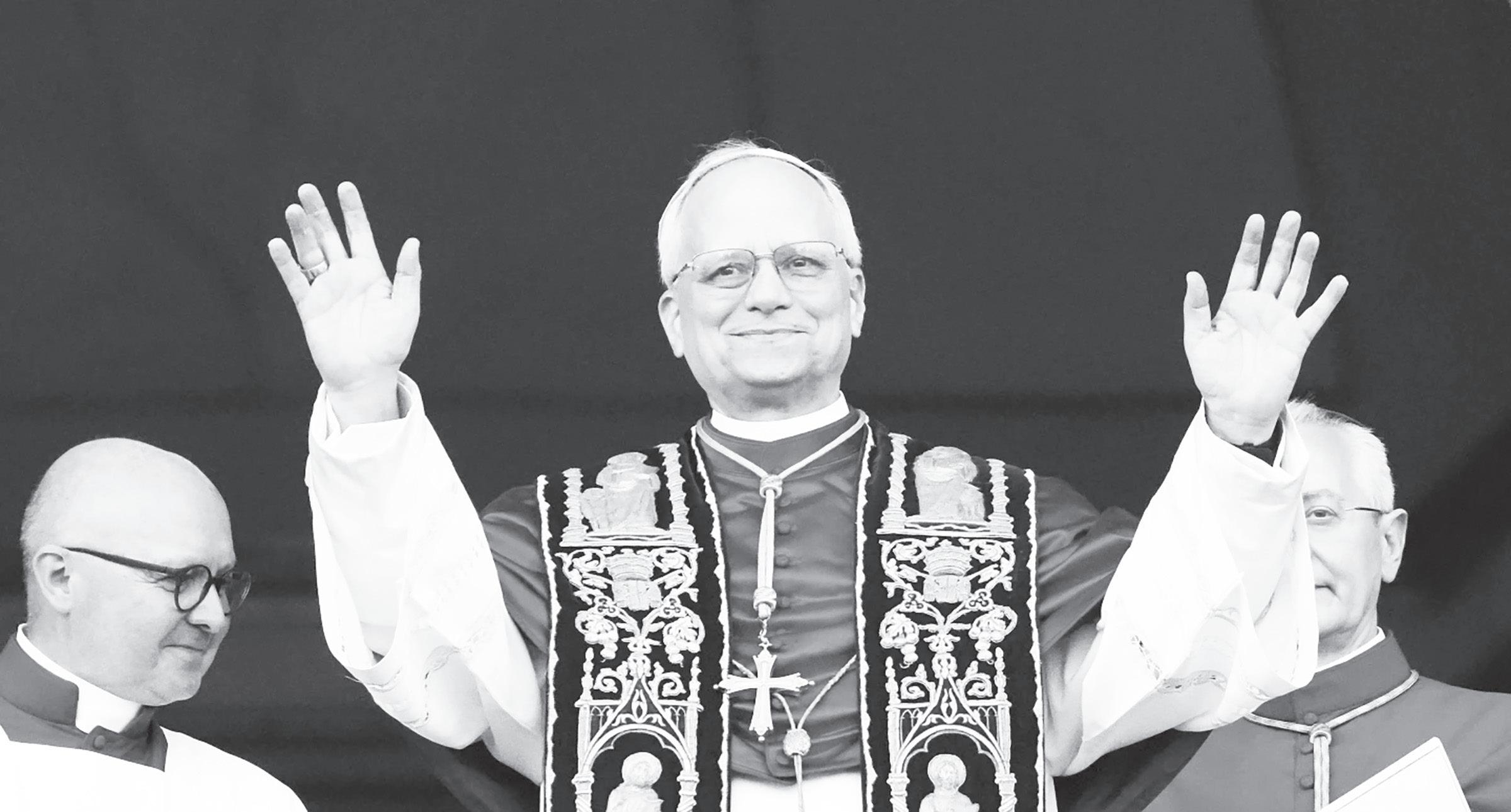
prayers, and with pride.”
Former New Orleans Mayor Marc Morial called Leo XIV’s background “universal,” saying, “Here’s an American whose ministry was in Peru, who has roots in the American South and also ancestry in the American Black community.”
Leo XIV is a member of the Augustinian Order, named after the African theologian St. Augustine of Hippo. His election came from a conclave in which two other leading contenders—Cardinal Peter Turkson of Ghana and Cardinal Fridolin Ambongo Besungu of the Democratic Republic of Congo—were also men of African descent.
But Leo XIV stood apart—not just as the first pope from the U.S. but as one known for his outspokenness on racial justice, immigrant rights, gun reform, and the abolition of the death penalty.
TIME Magazine reported that his selection represented a Vatican rebuke of efforts by wealthy Americans and political
operatives aligned with Donald Trump to influence the papal outcome.
Known in Rome as “The Latin Yankee,” Leo XIV used his verified X account (@ drprevost) to amplify criticism of Trumpera immigration policies, often reposting commentary from respected Catholic figures. The New York Post reported that his last post before his election was a retweet of Catholic journalist Rocco Palmo slamming Trump’s alliance with El Salvador’s President Nayib Bukele over migrant deportations. Back in 2017, the Roman Catholic leader also reposted a message quoting Chicago Archbishop Blase Cupich, calling Trump’s refugee bans “a dark hour of US history.”
Though Trump offered lukewarm congratulations from the White House driveway, his far-right allies were quick to lash out. Laura Loomer tweeted, “WOKE MARXIST POPE,” calling Pope Leo “just another Marxist puppet in the Vatican.”
But outside the MAGA echo chamber, in Black communities across the globe, the
emotion is pride.
“The pope is Black,” journalist Clarence Hill Jr. said bluntly. And that means something in the Black neighborhoods of Chicago and the Creole corridors of New Orleans. Many said it means representation, resilience, and the reshaping of history at the highest level of the Catholic Church.
“We celebrate this moment—not because it erases the struggles of our past, but because it affirms that our faith, our heritage, and our presence matter,” Rep. Carter said. “This is history, and it belongs to all of us.” The. Reverend Dr. Benjamin F. Chavis, Jr. affirmed, “On behalf of the Black Press of America as the authentic voice of 50 million African Americans and millions more throughout the African diaspora, we join to celebrate Pope Leo XVI, a world leader of African descent who speaks truth to power with courage and grace.”

By Susan Budig Mshale
Nearly 200 people gathered at The Cedar Cultural Center in the CedarRiverside neighborhood of Minneapolis to taste not only an assortment of cheeses, olives, and other hors d’oeuvres, but also the sampling of music slated for this summer on the Cedar’s outdoor plaza.
The Cedar’s board president, Maryam Yusefzadeh, opened the first ever Summer Plaza Preview Event. She reminded the invited audience of sponsors, board members, Cedar volunteers, and media that the Cedar presents unique music.
“We share some musicians with other [venues], but not all the musicians,” Yusefzadeh said. For instance, artists such as Seun Kuti have performed at Rock the Garden and the Dakota, both Minneapolis venues as well as at the Cedar. But only the Cedar has presented artists such as Jupiter & Okwess from the Democratic Republic of Congo. Or Cameroonian Gaëlle Wondje.
Jeffrey Bissoy-Mattis, another board member, took the stage to introduce the
line-up happening from July 9th – August 20th. Every Wednesday from 6 – 8 pm for seven weeks straight, the Cedar’s plaza will welcome guests to listen, groove, and mingle. Food by local vendors will be available for purchase and refreshments from the Cedar’s concession stand.
The annual series since 2023 includes acts from five continents this year. The kickoff will start with Sinkane, a band headed by Ahmed Gallab, a hard-working musician, son of Sudanese parents, who grew up in Ohio. His sound combines electronica, reggae, jazz, and funk rock with Sudanese pop. His 7th album just released, We Belong!, informs his most recent setlist.
On July 23rd, The Cedar Plaza features Abinnet Berhanu, a resident of the Twin Cities, but his ancestry is Ethiopian. He will perform with his ensemble, Ahndenet, which means Unity. His sound, steeped in Jazz with both traditional and modern Ethiopian flavors is played on the drum set.
The full line-up:
July 9 – Sinkane, Sudanese Afrofuturist Funk Rocker
July 16 – Yeison Landero, Colombian Cumbia Accordion Virtuoso
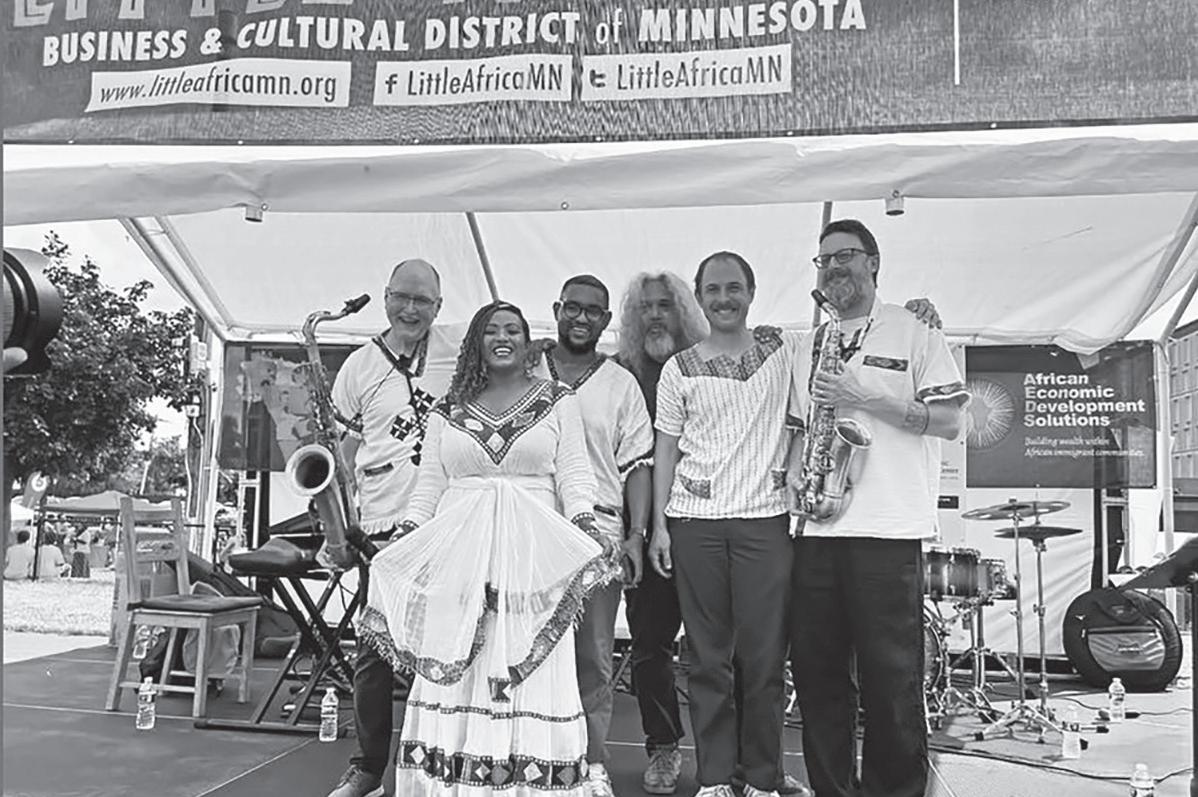
23
July 30 – The Buddha Prince, an immersive outdoor theatrical experience
August 6 – Combo Daguerre, Psychedelic Franco-Latin Chanson
August 13 – The Burroughs, High-
energy Colorado Soul Collective
August 20 – Ukrainian Village Band, Ukrainian Zabava Folk Ensemble
In the event of stormy weather or air quality advisory, shows will move indoors at The Cedar and remain free.
More info at thecedar.org.















